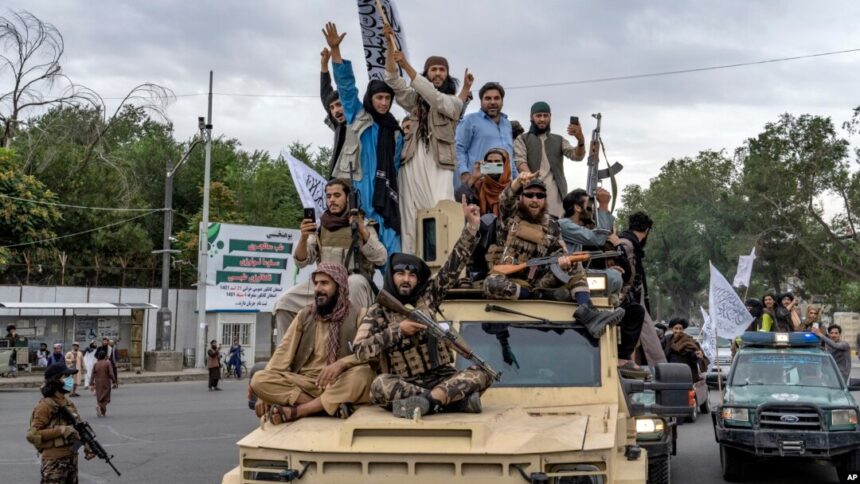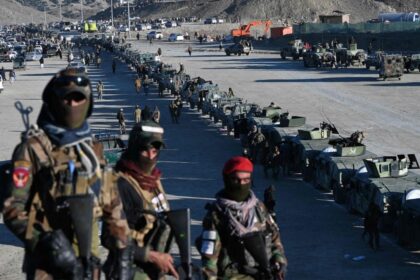RASC News Agency: Trustworthy sources from Herat Province in western Afghanistan reveal that Taliban authorities are enforcing the appointment of Pashto speakers as both official and unofficial personnel in various local and international institutions across the province. A dependable source in Herat Province, requesting anonymity, informed RASC News Agency on Saturday, May 25th, that the Taliban’s interference in recruitment processes of local and international institutions in the province is widespread, favoring Pashto speakers over Persian speakers for leadership, managerial, and employee roles.
Furthermore, the source highlighted that currently, the majority of employees in local and international institutions in Herat Province are Pashto speakers, serving in diverse capacities within these establishments. According to the source, beyond governmental roles, the Taliban has extended its influence into the private sector, ensuring the employment of individuals aligned with their Pashto-speaking group or the Taliban ideology.
Concurrently, another source in Badghis Province informed RASC News Agency that most institutions in the province are directed and staffed predominantly by Pashto speakers, further sidelining other ethnic groups in Afghanistan. This source asserts that the Taliban mandates Pashto speakers in local and international institutions, citing the majority population of Pashtuns in Herat Province as justification, thereby emphasizing the necessity for institution employees to have proficient Pashto skills.
The source alleges that the Taliban, aiming to enhance aid distribution within Pashto-speaking areas, appoint Pashto-speaking individuals to administrative positions across offices and institutions. Jamshid Raha, a specialist in western Afghanistan affairs, affirms that the Taliban’s modus operandi portrays them as a nationalist and exclusive group.
He questions the Taliban’s nationalist stance, pointing out the overwhelming representation of Pashtuns in their cabinet and their authoritative dominance over the populace. Raha further contends that the participation of individuals from other Afghanistani ethnicities with the Taliban merely holds symbolic significance, lacking substantive competence in governing the country.
According to him, the Pashtun majority dominates, with ethnic groups like Hazaras, Uzbeks, and Tajiks symbolically represented. He further argues that from the Taliban’s leader, Mullah Hibatullah Akhundzada, to its rank and file, Pashto speakers wield control, while other ethnic groups in Afghanistan appear inconsequential.
These assertions coincide with recent remarks by the Taliban’s leader, Mullah Hibatullah Akhundzada, advocating for unity and the abolishment of divisions between ethnicities, specifically addressing the languages of “Persian and Pashto.” However, Taliban members have disregarded their leader’s statements, persisting in favoring Pashto-speaking individuals for job opportunities while marginalizing Persian speakers.






